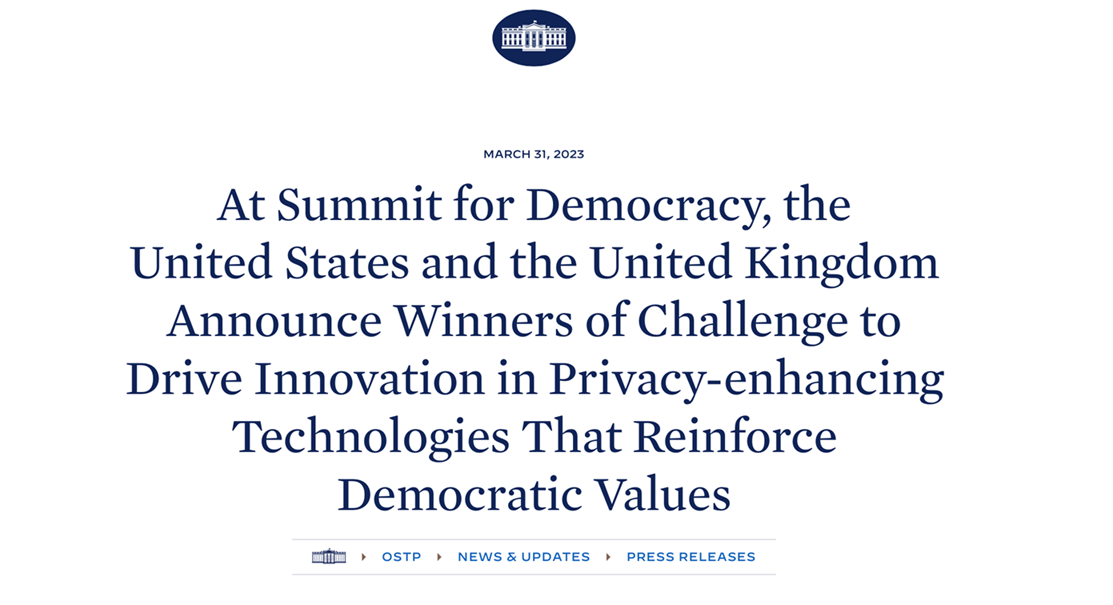Paving the way for secure and private financial crime detection
A team of TU Delft, University of Tacoma and University of Brasília wins second prize in US & UK governments' international Privacy Enhancing Technologies competition
This spring, the US and UK governments jointly hosted the summit for democracy – aimed at promoting and protecting democratic values. A part of this summit was the PETs Prize Challenge, designed to develop privacy-enhancing technologies to protect users in our data-driven society whilst also tackling the challenges of that increasingly digital society, such as financial fraud. In this international competition, the team of TU Delft won the second prize, developing the most effective model for detecting financial fraud such as money laundering.
The international challenge was initiated to lay the groundwork for useful new technologies in this field. The team in which the TU Delft partook – called PPMLHuskies, with Delft researchers Dr. Zeki Erkin, Jelle Vos and Célio Porsius Martins participating – developed a privacy-preserving machine learning model to detect anomalous payments in the international SWIFT banking system. By combining this machine-learning model with a new cryptographic protocol, they could safely perform computations over the joint SWIFT dataset. By focussing primarily on spotting the transactional loops of money laundering – laundered money tends to end up back in the same space – they could detect fraud without unencrypting the data of private citizens. Additionally, to prevent the machine-learning model from memorizing instances from the training data, thus making it possible to deduce sensitive information, the team trained the model with an algorithm that ensures differential privacy.
